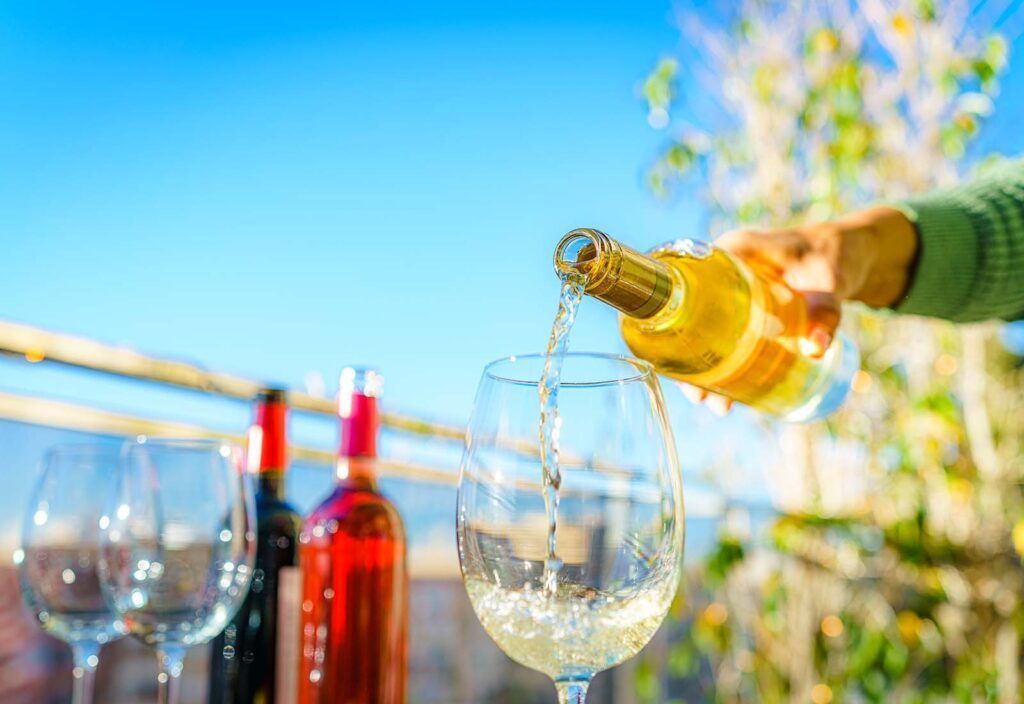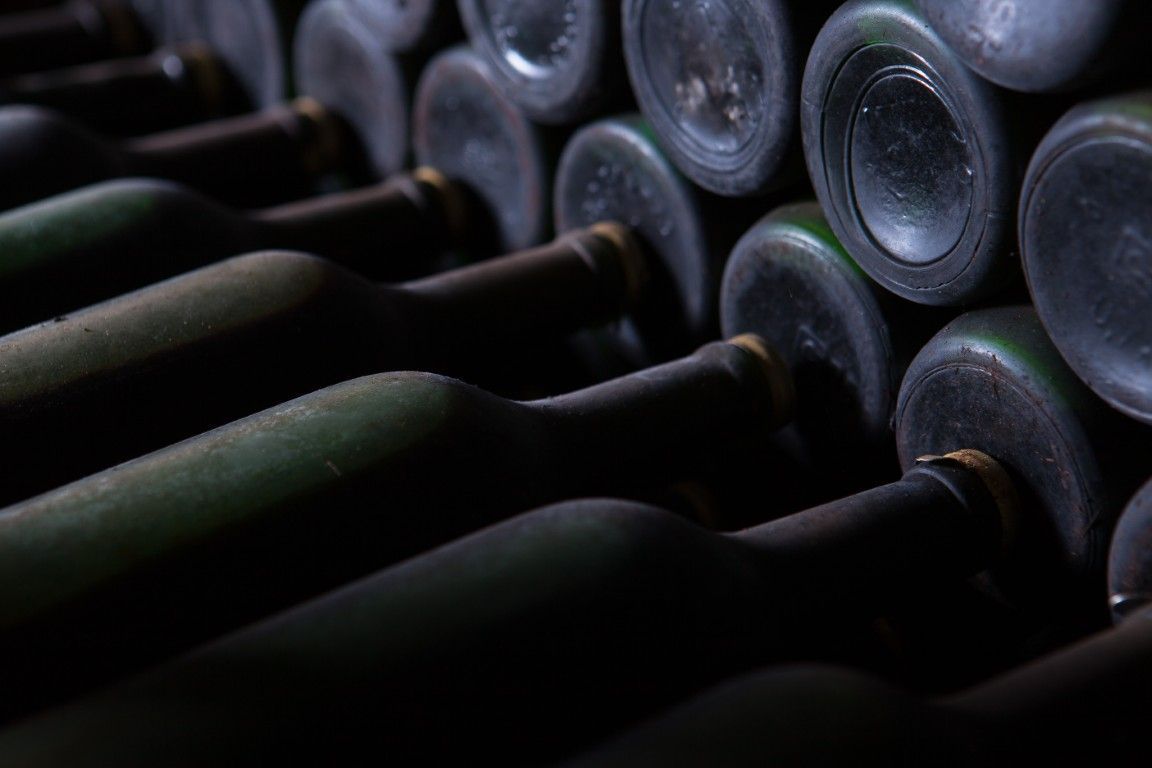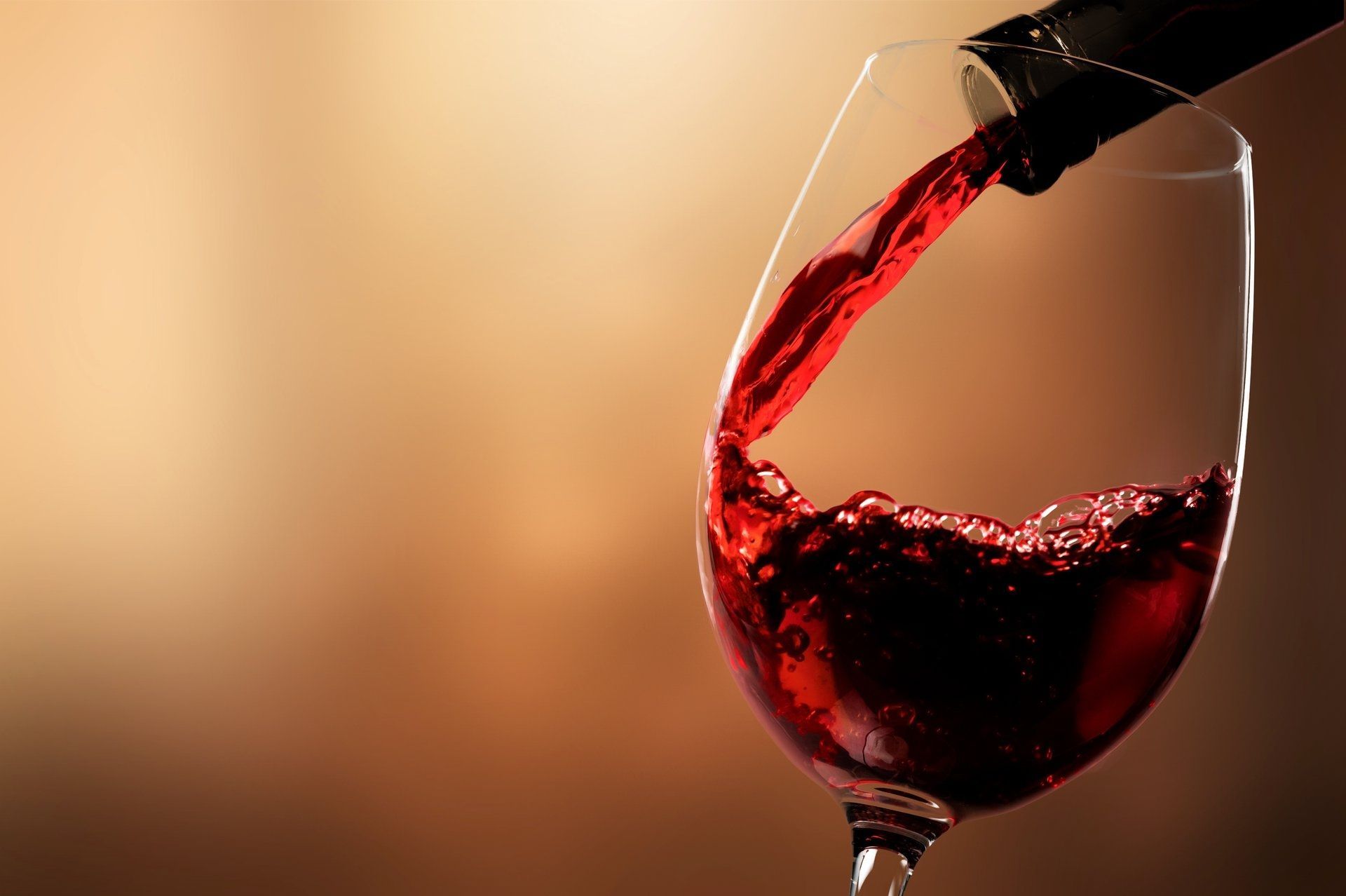Properly storing a spirit is essential to maintaining its flavor, aroma, and quality over time. Whether you have a collection of premium spirits or simply want to ensure your bottles remain in good condition, understanding the key factors of liquor preservation is a must. Below is a complete guide to storing your spirits optimally, highlighting best practices based on the type of drink and whether the bottle is opened or sealed.
Storing a Spirit: The Essentials
Alcohol storage isn’t just about aesthetics; storage conditions can significantly affect quality. Factors such as temperature, light, humidity, and bottle position play a vital role in maintaining a spirit’s properties. A well-stored liquor can preserve its integrity for years, while poor storage conditions can ruin even the most expensive bottles. Additionally, some manufacturers, like Excellent Cork, design synthetic stoppers that improve sealing and ensure greater product durability.
Key Factors for Storing Spirits
Ideal Temperature for Storing Spirits
The ideal temperature for liquor storage is consistent, ideally between 15°C and 20°C (59°F to 68°F). Maintaining this stability is essential to preserve the organoleptic characteristics of the spirit, such as its flavor and aroma. Temperature fluctuations can cause the liquid inside the bottle to expand and contract, which can compromise the integrity of the stopper and accelerate oxidation, affecting quality. To avoid these issues, it’s best to store spirits in a cool place, away from heat sources like radiators, appliances, or sunlit windows.
Impact of Light on Liquor Quality
Direct sunlight and, to a lesser extent, strong artificial light are silent enemies of spirits. Prolonged exposure can degrade the components—especially aromatic ones—affecting the color and taste. This is particularly noticeable in clear spirits like vodka and gin due to their transparency. To protect them, store bottles in a dark place, such as a closed cabinet, or use liquor shelves with UV protection. Choosing dark or coated bottles also helps preserve quality, especially for long-term collections.
Humidity and Its Role in Spirit Preservation
Ambient humidity plays an important role in preserving a spirit, especially for bottles with natural cork stoppers. A humidity level between 50% and 70% prevents corks from drying out, which could lead to poor sealing and air exposure, compromising the liquor. While most distilled spirits don’t require strict humidity control like wine does, excessively dry conditions can damage both the cork and the bottle label, diminishing aesthetic value. To maintain balance, avoid extremely humid or bone-dry places, such as unventilated basements or shelves near dehumidifiers.
Proper Bottle Positioning During Storage
Unlike wine, distilled spirits should be stored in an upright position. This prevents prolonged contact between the liquid and the stopper, which in high-alcohol spirits could degrade the material and alter the flavor. Storing bottles upright also minimizes leakage risk and ensures the stopper’s longevity. Storing bottles tilted or horizontally may harm long-term storage, especially if the stopper isn’t designed to withstand constant liquid contact. If the bottle is sealed with a high-quality synthetic stopper for spirits like those made by Excellent Cork, vertical storage offers additional protection against oxidation and aroma loss.
This combination of factors ensures that your spirits maintain their quality and value, allowing you to enjoy them at their best—even after long storage periods.
Preservation Methods by Spirit Type
Each type of spirit requires specific care due to differences in ingredients, production methods, and sensory properties. Following these guidelines will help keep them in top condition for longer. To know how to properly store a liquor, you must consider the type.
Dark Spirits (Whiskey, Rum, Brandy)
Dark spirits, like whiskey, rum, and brandy, tend to be more resistant to light thanks to their color and composition. However, they still require careful storage. To preserve their aromatic complexity and structure, keep them in a cool, dark place, away from direct light and heat. Additionally, using high-quality airtight stoppers, such as those produced by Excellent Cork, ensures a perfect seal that protects the spirit from oxidation and maintains its longevity.
Clear Spirits (Vodka, Gin, Tequila)
Clear spirits like vodka, gin, and tequila are more sensitive to light and environmental conditions. Their transparency makes them vulnerable to changes in flavor and quality when exposed to sunlight or extreme temperatures. To prevent this, it’s recommended to store them in opaque bottles or in closed, dark cabinets. These practices help maintain their integrity and ensure they are in perfect condition when served.
Cream Liqueurs or Dairy-Based Spirits
To store cream liqueurs, such as Baileys or other dairy-based spirits, special care is required due to their perishable nature. Once opened, they must be refrigerated to prevent spoilage. Even when unopened, it’s important to check the expiration date on the label, as their shelf life is shorter than other spirits. In this case, keeping a constant temperature and refrigeration is essential to preserve their taste and texture. 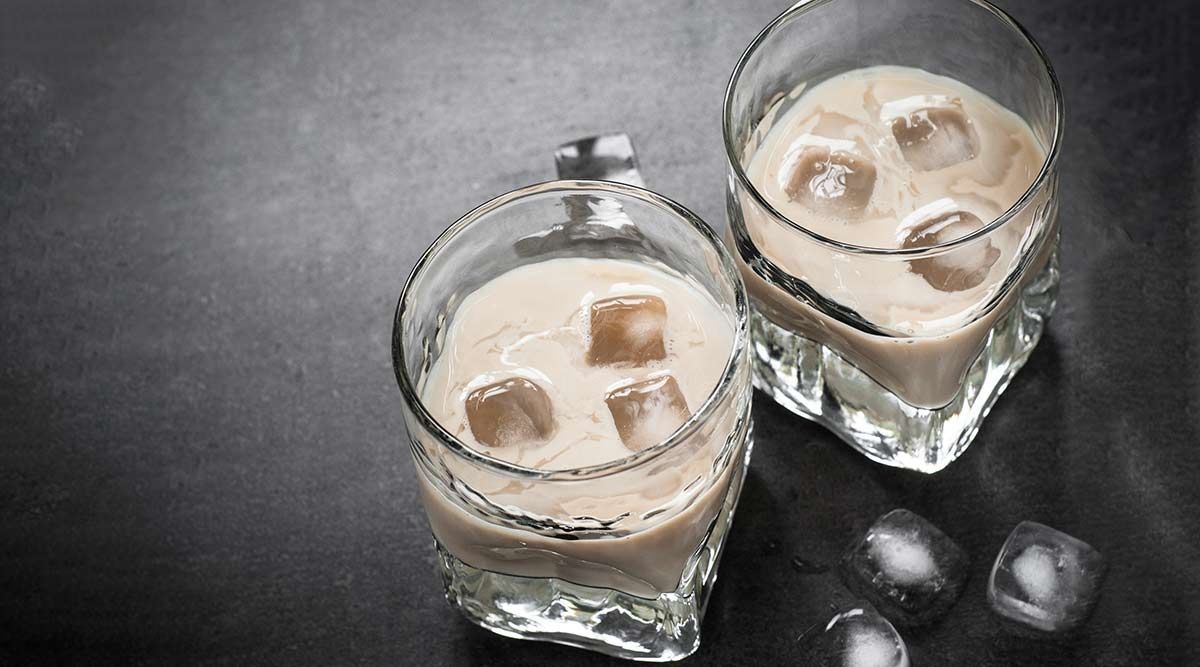
Storing Spirits: Opened vs. Unopened Bottles
Storing Unopened Bottles
Unopened bottles can last virtually indefinitely if stored in ideal conditions. This means keeping them in a cool, dry, dark place, away from heat and sunlight. Under these conditions, spirits remain in optimal condition for years. However, ensuring that closures are high quality is key to preventing leaks or air exposure—this is where Excellent Cork’s synthetic stoppers stand out for their airtight sealing capacity.
Storing Open Bottles
Once opened, spirits begin to oxidize slowly, which can affect their flavor, aroma, and color. To minimize these effects and extend shelf life:
- Close the bottle properly after each use, making sure it’s completely sealed.
- Use quality stoppers that provide optimal sealing, like those designed by Excellent Cork.
- Store the bottle upright to reduce contact between the liquid and the closure material.
- Keep it in a cool, dark place to prevent changes caused by heat or light.
With proper care, opened spirits can stay in good condition for months or even years, depending on the type and storage environment. 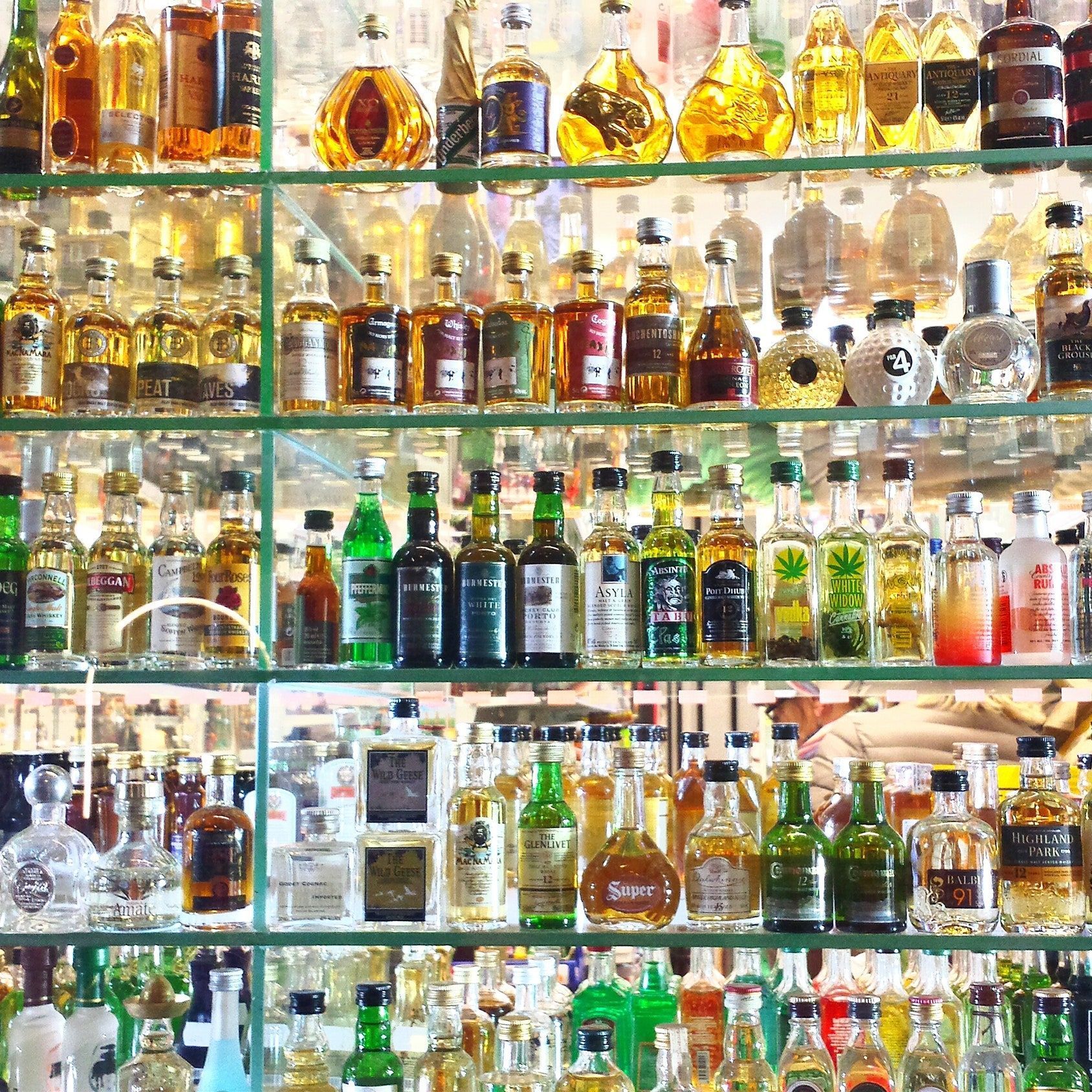
Frequently Asked Questions About Storing Spirits
What is the ideal temperature for storing spirits?
The ideal temperature ranges between 15°C and 20°C (59°F–68°F). Avoid drastic temperature changes, which can compromise quality.
Do all spirits need refrigeration after opening?
No. Only spirits containing perishable ingredients, such as cream liqueurs, need refrigeration. Distilled spirits store well at room temperature.
How does bottle position affect stored spirits?
Storing bottles upright minimizes contact between the liquid and the stopper, reducing the risk of flavor alteration from closure materials.
What type of shelves are best for storing spirits?
Liquor shelves should be sturdy, placed in dark areas, and kept at a controlled temperature. Shelving with UV protection is ideal.
What is the shelf life of an opened bottle of liquor?
It depends on the type of spirit and how it’s stored. In general, opened bottles maintain quality for 6 months to 2 years, though they can last longer with proper care.
Storing spirits doesn’t have to be complicated. By following these recommendations, you can ensure each bottle is enjoyed at its best. Additionally, choosing quality products like Excellent Cork’s synthetic stoppers can make a significant difference in the longevity and freshness of your drinks.


